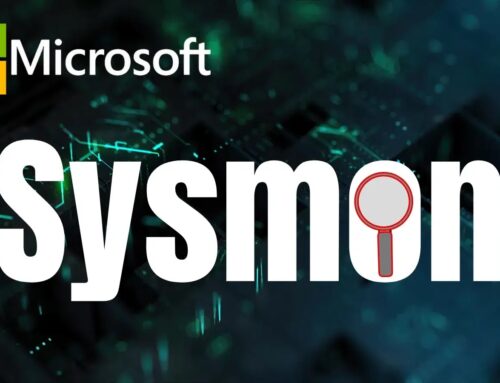
Beware of Fraudulent Scholarship Apps Attacking Students in Defarud Campaign
The pursuit of education often hinges on financial aid, making scholarship opportunities incredibly appealing. Unfortunately, this very appeal is being exploited by cybercriminals. A sophisticated Android malware campaign, dubbed “Defarud,” has recently surfaced, preying on students in Bangladesh. These threat actors are masquerading as legitimate scholarship providers, primarily under the guise of the Bangladesh Education Board, to trick unsuspecting individuals into installing malicious applications.
The Defarud Campaign: A Deceptive Scholarship Scam
The Defarud campaign leverages social engineering to distribute malware. Attackers are luring students with promises of financial assistance, directing them to download seemingly official scholarship applications. However, these are not legitimate apps. Instead, they are malicious Android Package Kits (APKs) distributed via shortened URLs, designed to compromise the user’s device and steal sensitive data.
Once installed, the malware operates covertly, siphoning off personal and financial information. This can include anything from names, addresses, and academic records to bank account details and credit card numbers, all of which can be used for identity theft, financial fraud, or further targeted attacks.
Tactics, Techniques, and Procedures (TTPs) of Defarud
- Social Engineering: The primary method of attack involves creating a sense of urgency and opportunity through fake scholarship offers.
- Malicious APK Distribution: Malware is delivered in the form of Android applications, bypassing official app stores to avoid security checks.
- URL Shorteners: To obscure the true destination of the download link and bypass some URL filtering mechanisms, attackers utilize shortened URLs.
- Information Harvesting: The core objective of the malware is to exfiltrate personal, educational, and financial data from compromised devices.
- Masquerading: Impersonating a trusted entity like the “Bangladesh Education Board” lends an air of legitimacy to the scam, making it more convincing to victims.
Remediation Actions and Prevention Strategies
Protecting against sophisticated malware campaigns like Defarud requires vigilance and proactive security measures. Students, educational institutions, and cybersecurity professionals must collaborate to mitigate these threats.
- Verify Scholarship Legitimacy: Always cross-reference scholarship offers with official sources. Legitimate organizations will typically have a professional website and direct application processes, not rely solely on third-party APK downloads from shortened URLs.
- Avoid Unofficial App Downloads: Only download applications from trusted sources, such as the Google Play Store. Sideloading APKs from unknown websites or shortened links significantly increases the risk of malware infection.
- Exercise Caution with Links: Be highly suspicious of unsolicited links, especially those using URL shorteners, regardless of how enticing the offer. Hover over links to reveal their true destination before clicking.
- Install and Maintain Antivirus Software: Utilize reputable mobile antivirus and anti-malware solutions. Keep these applications updated to ensure they can detect the latest threats.
- Regular Software Updates: Keep your Android operating system and all installed applications updated. These updates often include critical security patches.
- Review App Permissions: Before installing any application, carefully review the permissions it requests. If an app requests unusual or excessive permissions (e.g., a scholarship app wanting access to your contacts or SMS messages), deny the installation.
- Enable Multi-Factor Authentication (MFA): For all online accounts, especially financial and educational ones, enable MFA. This adds an extra layer of security, even if your login credentials are compromised.
- Educate Yourself and Others: Stay informed about the latest cybersecurity threats and share this knowledge with friends, family, and colleagues. Awareness is a powerful defense.
Relevant Tools for Detection and Mitigation
| Tool Name | Purpose | Link |
|---|---|---|
| Google Play Protect | Built-in Android security for app scanning. | https://source.android.com/docs/security/features/play-protect |
| Malwarebytes Security for Android | Mobile anti-malware and security suite. | https://www.malwarebytes.com/mobile |
| Virustotal | Online service for analyzing suspicious files and URLs. | https://www.virustotal.com/ |
| URLScan.io | Website scanner for analyzing suspicious URLs. | https://urlscan.io/ |
Conclusion
The Defarud campaign serves as a stark reminder that cybercriminals constantly adapt their tactics, leveraging human vulnerabilities and current events. The promise of financial aid for education is a powerful lure, and attackers are exploiting this to gain access to sensitive personal and financial data. Staying vigilant, understanding the signs of a scam, and adopting robust security practices are crucial defenses against such sophisticated threats. By prioritizing digital hygiene and verifying the legitimacy of unsolicited offers, students can significantly reduce their risk of falling victim to these pervasive fraudulent schemes.





